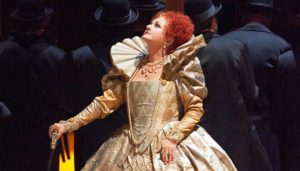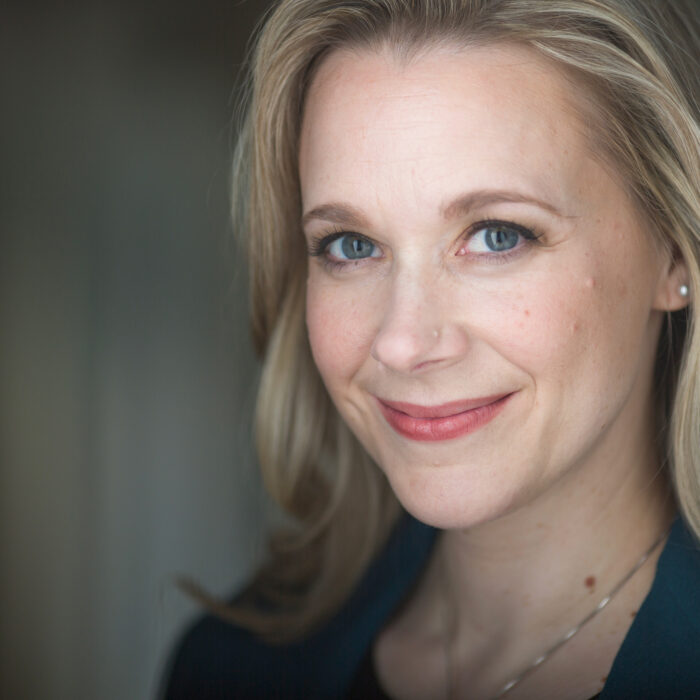
5 Iconic Roles by Edita Gruberova as She Celebrates her 70th Birthday
By Francisco SalazarToday Edita Gruberova is celebrating her 70th birthday and 50 years on stage. Considered one of the greatest sopranos in the history of opera, the legendary singer continues a hectic schedule singing across Europe. As we celebrate the icon’s amazing work, Operawire takes a look back at five roles that Gruberova has made her own.
Queen of the Night in Mozart’s “The Magic Flute”
The role is short but it can be a showstopper. Gruberova was truly the scene stealer in this role which she sang from 1970 to the early 80’s. It was the role that brought her much attention by the leading opera companies and it was also the role of her Metropolitan Opera debut. With this role she showed vocal fireworks but she also showed much promise of things that would soon come.
Zerbinetta in Strauss’ “Ariadne aux Naxos”
Gruberova first made her mark in opera when she sang the role of Zerbinetta at the Vienna State Opera in 1973. Her crystal clear high notes and her impeccable technique showcased a special voice that would soon be iconic. Additionally, her accurate diction was something that would soon lend to other German comedies. The soprano continued singing the role way into her late period and in 2009 retired the role in Vienna.
Lucia in Donizetti’s “Lucia di Lamermoor”
Donizetti’s iconic heroine is one that Gruberova sang all over the world and she made three recordings of. In my opinion she is one of the greatest to ever take on the role and my personal favorite. One could talk about the flexibility in the coloratura or the immaculate high E Flats at the end of the mad scene. But just listening to Gruberova in the mad scene one thing is apparent; her expression and phrasing set her apart. Her coloratura is not superficial. It’s substantial and it adds to the musical line that Donizetti wrote. No matter the flaws in her acting, it is the voice that truly creates this character.
Elisabetta in Donizetti’s “Roberto Devereux”
Gruberova sang all three Queens and she is one the few sopranos to do so. She championed “Anna Bolena” and “Maria Stuarda” and her recordings of those roles are iconic. However, it is Elisabetta that she truly dominated. Her Elisabetta is filled with so much anger and it is visible in the legendary Munich production. In the final aria she combines Elisbetta’s madness with pain. It is sheer perfection the way Gruberova uses her voice to create these sensations and it only improved as she gained more experience in the role.
Elvira in Bellini’s “I Puritani”
Gruberova never stepped out of her comfort zone but that was not a problem. Every role she sang she made sure to put a stamp on it. And as much as Bellini’s opera lacks a coherent plot, Gruberova knew how to make Elvira a three-dimensional character. She reveled in Bellini’s great melodies and she made clear distinctions between the joyous music and her character’s mad scenes. Her use of high notes in this role were never for pure effect but to tell the story of Elvira. Not to mention Gruberova always paid attention to the details in Bellini’s iconic role. Listen to her use of coloratura in “Son Vergin Vezzosa.” There is a sense of joy in the opening lines but her repeats hint at some madness in this unstable character.


